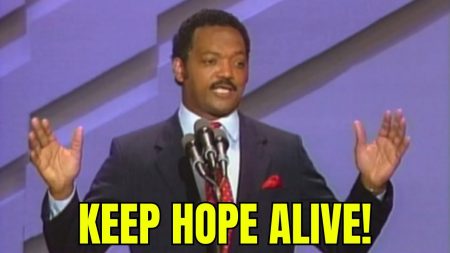Breath Against This Fire: The Last Speech of Dr. Luther King, Jr.
By Joe Elliott
“Thundering on high
Love was all I knew before I fell
And now the shots of man
Are buried inside myself
I am breath against this fire
And I will not turn away, oh no
I’m waiting for time to carry me
Like a tempest to the sea
Standing strong, watching over
Love will keep me believing
Through the dark, can you hear me calling?
Holding on when I’m dreaming
Love is all, love is all, love is all…”
This month (April 4th) marks the forty-seventh anniversary of the assassination of Dr. Martin Luther King, Jr. Dr.
King was killed in Memphis, Tennessee in 1968 while campaigning on behalf of striking sanitation workers. I have often wondered how things would have been different had not Dr. King gone to Memphis, or had he departed a day early. Many of his staff had urged him not to return to the city following his visit there the previous month when protests turned violent and a teenager was killed.

One of Dr. King’s closest aides, Andrew Young, was at the forefront of those advocating he stay away. Young later said he told King that Memphis was an “evil place” and thought he ought to avoid it for the time being. “I must go,” Young recalled Dr. King saying. “But why?” Young asked. “Because I promised them (the workers),” was his heartfelt reply.
I believe with all my heart that Dr. King must have had some sort of premonition about his own imminent death while in Memphis. The extoradinary speech he gave the night before at the Mason Temple provides, I believe, clear evidence of this. Andrew Young has said that Dr. King was rather nervous that night and that at some point the banging of an open window shade by the wind caused him to jerk sharply. It must have been a strange night, the wind was up and something ominous seemed afoot.
Had he chosen to, Dr. King could have cancelled his appearance and gone straight to the airport or driven out of the city with his aides. I don’t think anyone would have greatly faulted him had he done so. But he refused, refused on the grounds that he “had promised them.” They, the sanitation workers, were looking to him for help and he was not going to disappoint them, even if it meant risking his life — or sacrificing it. His was a mission of mercy made holy in the end by the blood he shed on its behalf.
I personally think the Memphis speech, sometimes referred to as the “Mountaintop Speech,” is among the greatest he ever gave. There is no better time to revisit a portion of it than in this anniversary month.
“It doesn’t matter, now. It really doesn’t matter what happens now. I left Atlanta this morning, and as we got started on the plane, there were six of us. The pilot said over the public address system, ‘We are sorry for the delay, but we have Dr. Martin Luther King on the plane. And to be sure that all of the bags were checked, and to be sure that nothing would be wrong with the plane, we had to check out everything carefully. And we’ve had the plane protected and guarded all night.’
And then I got into Memphis. And some began to say the threats, or talk about the threats that were out. What would happen to me from some of our sick white brothers? Well, I don’t know what will happen now. We’ve got some difficult days ahead. But it really doesn’t matter with me now, because I’ve been to the mountaintop. And I don’t mind.
Like anybody, I would like to live a long life. Longevity has its place. But I’m not concerned about that now. I just want to do God’s will. And He’s allowed me to go up to the mountain. And I’ve looked over. And I’ve seen the Promised Land. I may not get there with you. But I want you to know tonight, that we, as a people, will get to the Promised Land! And so I’m happy, tonight. I’m not worried about anything. I’m not fearing any man. Mine eyes have seen the glory of the coming of the Lord!”







